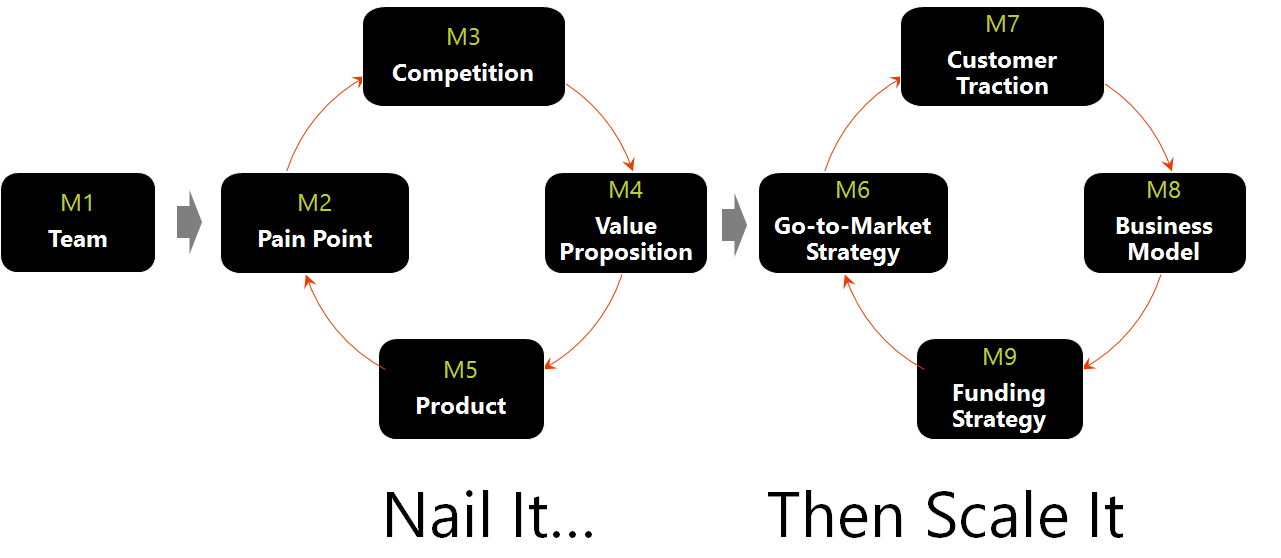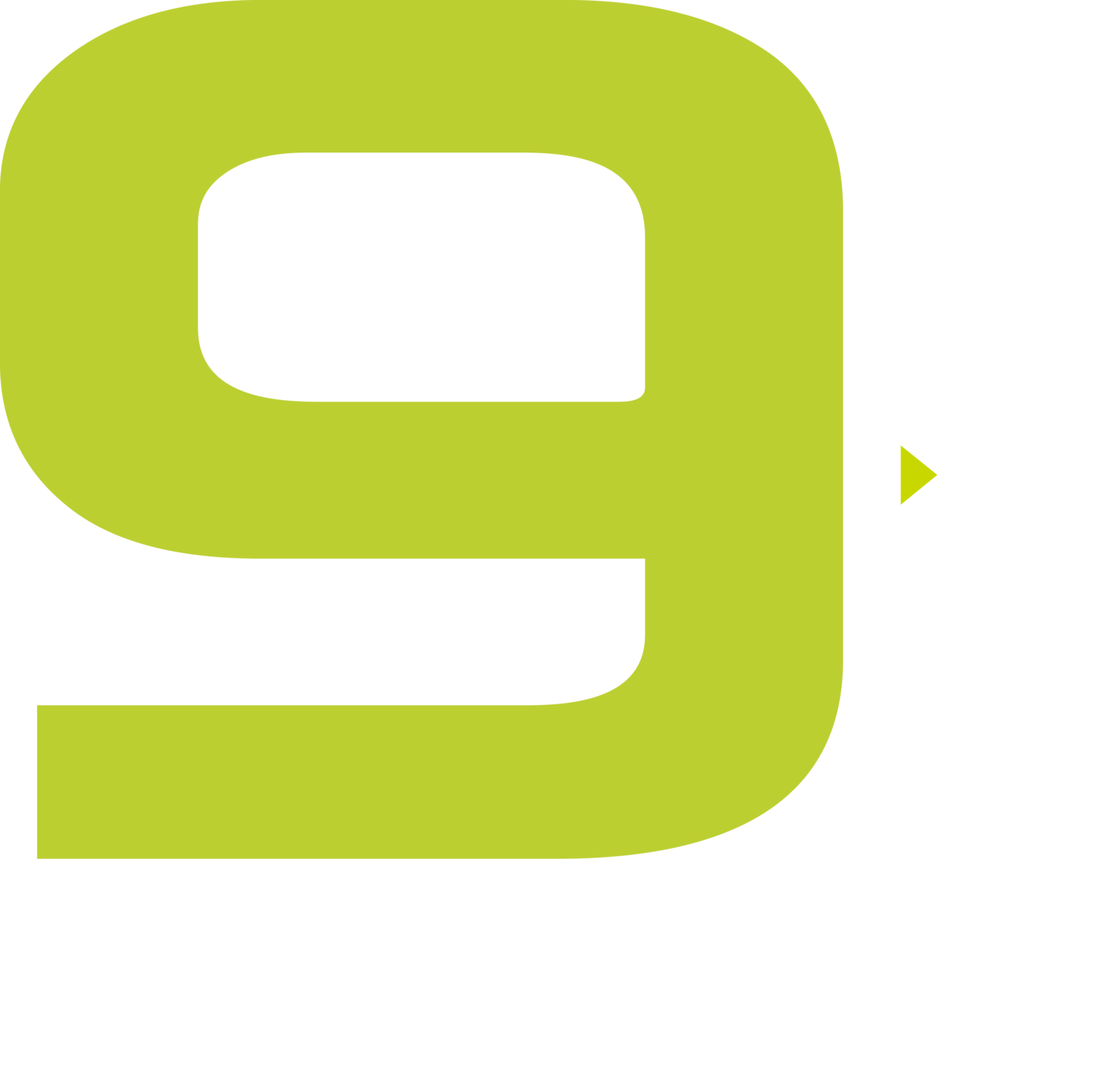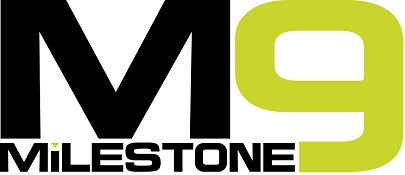When we ventured into the startup accelerator business over three years ago (read our story here), we knew we were headed into brand new territory. The startup accelerator business model was pioneered in 2005 by Paul Graham at YCombinator (YC) and then subsequently adopted by many others after high-profile YC successes such as AirBnB, Dropbox, Heroku and others. We were perfectly happy to replicate a proven model, but we also wanted to ensure we continued to learn, iterate, refine, and innovate. And the only way we knew how was to constantly talk to our customers - i.e., entrepreneurs and investors - and try to deeply understand their challenges and pain points.
These conversations are the genesis of the 9Mile Innovation Framework, our foundational methodology for helping launch and grow startups. Using Steve Blank’s customer development methodology and Alex Osterwalder’s Business Model Canvas (BMC) tool as a starting point, we began to build our own proprietary framework for company creation and growth. While we found the BMC to be a great tool, we also needed a foundational framework that helped us with the following
- - A tool to assess a startup’s progress over time, including a self-assessment tool for entrepreneurs to track their own company’s performance.
- - A high-level model for creating enterprise and B2B startups that are focused on solving real-world problems and on customer traction.
- - Provide us a common language to discuss startup progress, challenges, and solutions with entrepreneurs, mentors, speakers and investors.
- - A clear foundational structure for our entrepreneurship and company-building curriculum.
With the 9Mile Innovation Framework, we have a tangible rubric we can use to gauge the current and future success of the companies graduating from the accelerator. Since 9Mile Labs is only successful if its companies are successful, the framework also serves as a measure of how our own business is progressing. Applying the framework to everything we do, there is no hand waving, subjective arguments, or seat-of-the-pants rationalizing. If something isn’t working, we go back to the drawing board and refine our framework.
Just a side note: we don’t claim that every concept in our Innovation Framework is original. We read books, browse startup-oriented publications, follow prominent bloggers, and speak to many people every day. And when some concepts resonate with us, we incorporate them into our thinking – consciously as well as inadvertently. For example, we read a startup-oriented book called Nail It, Then Scale It and really liked that term and started using it; we heard the term “Hacker, Hustler, Visionary” from somewhere else and promptly borrowed it. All innovation builds upon existing ideas; progress comes when you pick “borrowed” ideas and build on them with original thinking (read “Borrowing Brilliance” by David Kord Murray).
The 9Mile Innovation Framework has nine key strategic steps necessary to build any company from idea-to-execution (Figure 1). We call the first five steps in our framework the “Nail It” stage, so termed because investment in scaling activities such as marketing and sales is useless until a startup has achieved these five basic milestones. No business should spend time and money building a product that no one wants. It’s also important to note, that even though there’s a certain sequential nature to this model, startups of course sometimes hit these milestones in different order. Here’s a brief description of the five steps in the “nail it” phase of our framework:
- 1. Team: Investors, especially early-stage ones, invest in teams first, then the market and idea. At 9Mile Labs, we look for a complete team comprising three roles - hacker, hustler, and visionary.
- 2. Pain Point: The business idea for a startup must be rooted in a well-understood pain point for a specific customer segment in a significantly large market.
- 3. Competitive Differentiation: Every early-stage startup must have an understanding of, and build strategies for creating sustainable differentiation against competitors.
- 4. Value Proposition: The value the customer receives from the startup must be significantly higher than the total cost of ownership from using the startup’s solution.
- 5. Product: The actual product the company builds, first as an MVP, later beta, and then as a complete product, must be based on an in-depth understanding of the customer’s pain point and the value delivered to the customer.

Figure 1: The 9Mile Innovation Framework
Achieving maturity on the “Nail It” steps leads a startup to the “Scale It” part of the framework. The startup has the beginnings of a good business and now needs to take things to the next level. Of course, the “Scale It” part of the framework remains iterative as well, with startup teams learning what works and what doesn’t as they work to build a scalable, repeatable, and profitable business model. Things change, and the entrepreneurs must be ready to go back to square one or pivot if necessary. Here are the four steps in the “Scale It” part of our framework:
- 6. Go-To-Market: Create clear messaging and positioning statements that resonate with the target customer segment, as well as demand generation strategies to target those customers.
- 7. Customer Traction: Tactics and strategies employed to achieve and track exponential, proven, sustainable customer growth against non-vanity metrics.
- 8. Business Model: Bringing together much of the work in prior milestones, the business model must be scalable, repeatable, and profitable.
- 9. Funding Strategy: Every startup should clearly think about its funding needs and explore options such as customer revenue, strategic, angel, or venture investment.
Creating the 9Mile Innovation Framework grew out of our conviction that, while raising money is a very important activity for a startup, a much more important success metric is customer traction. However, amid headlines about unicorns and multimillion-dollar funding rounds, startups sometimes start thinking of funding as the ultimate objective, as opposed to a means to building a successful business.
Following this broad introduction to the 9Mile Innovation Framework, in the next post, we’ll dive into the specifics of each milestone introduced above. First up, the team. Tune into our next post to find out how we evaluate successful teams.
9Mile Labs is a leading Enterprise / B2B high-tech accelerator based in Seattle. 9Mile Labs celebrates the graduation of its fifth cohort on Mar 3, 9:30am; register as our guest with promo code “GOLD” at http://m9.9MileLabs.com!
The accelerator is currently accepting applications for the upcoming program (beginning in July, 2016) at http://apply.9MileLabs.com.

